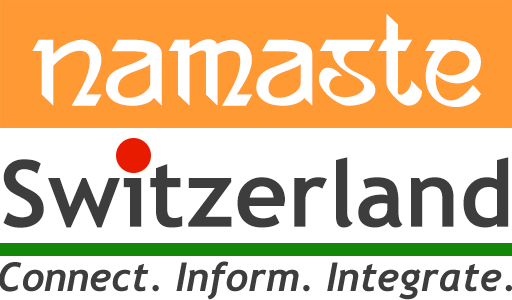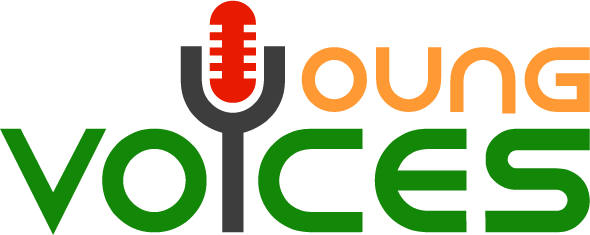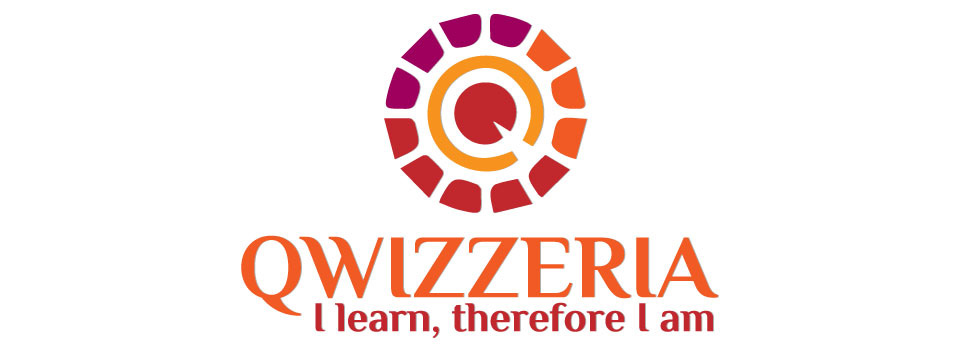Her father came to Switzerland in 1987. While he tells us more about being the first generation Indian, Mr Karumbunathan’s daughter, Vallikannu, lets us in on her growing up years in Switzerland.
“Growing up in Switzerland was nice and peaceful. I felt very safe,” says Vallikannu. She elaborates on her childhood, schooling, work choices and cultural implications as a second generation Indian in Switzerland.
Vallikannu was born in Coimbatore, India and moved to Winterthur as a toddler. After her schooling in Winterthur, she studied food science at ETH Zürich. Vallikannu works at Globus as the deputy head of quality management and is based in Nürensdorf since 2014.
Schooling
“The Swiss school system was very good. Without stressfully pushing the kids beyond their limits, the system was very educative and provided with a lot of practical experiences (rather than just theory). Back then and even now, you learn French very early in school; in addition to Hochdeutsch and Schweizerdeutsch. In my opinion, this is great because the younger you are, the easier it is to learn a language. Even later on, in ‘Gymnasium’, you can learn more languages like Spanish or Italian. Those days English was introduced only in 6th standard. Nowadays, they start even earlier. So, all together kids growing up in Switzerland are multilingual which opens ups doors for their career development, to the society, to new friendships and more.”
Hobbies are a major focus here – while back in India, hobbies are just an extra thing to do that takes you away from school work. So clearly there would have been a difference in perception between the two generations. She says, “My parents always supported me in doing extra activities. In fact, I was the one who, at some point in time, couldn’t manage studies and hobbies together. I would then focus mainly on my studies. However, I think there are a lot of opportunities in Switzerland to do outdoor activities (like e.g. hiking, skiing…) and one should embrace it all and not miss out the adventures and fun.”
Career choices
Schooling and the concept of studies and that of a job are entirely different from the Indian perspective where you get yourself an education to just work and earn. Here, you learn because of your interest and then work towards the profession. Did this give rise to any conflicts between her parents and her as a teenager?
“No,” she says, “There were no conflicts. I always wanted to study something which was related to food and diet. For me, there were only two options: to either take up a dietician course at the Fachhochschule, or to study Food Science at ETH Zürich. As ETH Zürich is a very reputed university, I decided to do my higher studies there and my parents agreed with my decision.”
Morals and values
A much-asked question is regarding the difference in morals and value imparted to the children in their early years – be they study pressure, work ethics, family values, morals in life. To this, Vallikannu responds, “I don’t really know what the typical Swiss values and morals are. I have felt the cultural difference at times. However, I should say here that I have mostly felt that my culture was accepted; even though it was different. Nobody has ever tried to change my culture intentionally. Those days, the Swiss society was happy to have someone from a different culture as the morals were new for them – and interesting.”
Bringing up kids
Looking ahead, an adult now, how would Vallikannu bring up her own children? Especially, with regard to career options and matrimony?
She replies, “In terms of studies and career, my parents gave me absolute freedom, but suggested to absolve an academic career in order to have a good foundation for the future. Basically, I would do the same in terms of education. I think it is important that you choose a job that aligns with your interests and, at the same time, supports your preferred lifestyle. Moreover, for me, it is important that my child is rather independent and not dependent on anyone in the future – no matter what kind of job he/she chooses. What I would never do is – to bind my child with my choice of career. As parents, I believe you should give your child the freedom to make one of the most important decisions of their life all by themselves.
The same goes for the choice of partner.”
Disclaimer: Opinions expressed belong solely to the content provider. Namaste Switzerland does not undertake any financial/reputational/legal/misrepresentational impact or other obligations/ liabilities that may arise from the content.












